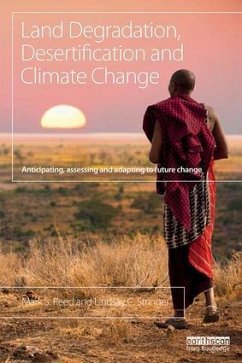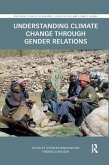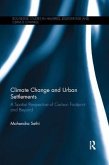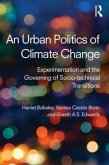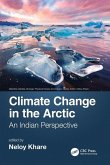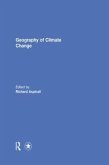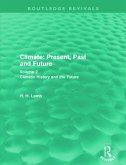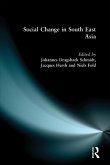Although much is known about the processes and effects of land degradation and climate change, little is understood about the links between them. Less still is known about how these processes are likely to interact in different social-ecological systems around the world, or how societies might be able to adapt to this twin challenge. This book identifies key vulnerabilities to the combined effects of climate change and land degradation around the world. It identifies triple-win adaptations that can tackle both climate change and land degradation, whilst supporting biodiversity and ecosystem services. The book discusses methods for monitoring effects of climate change and land degradation, and adaptations to these processes. It argues for better co-operation and knowledge exchange, so that the research, land user and policy communities can work together more effectively to tackle these challenges, harnessing the "wisdom of crowds" to assess vulnerability and adapt to climate change and land degradation, whilst protecting livelihoods and biodiversity.
Hinweis: Dieser Artikel kann nur an eine deutsche Lieferadresse ausgeliefert werden.
Hinweis: Dieser Artikel kann nur an eine deutsche Lieferadresse ausgeliefert werden.

